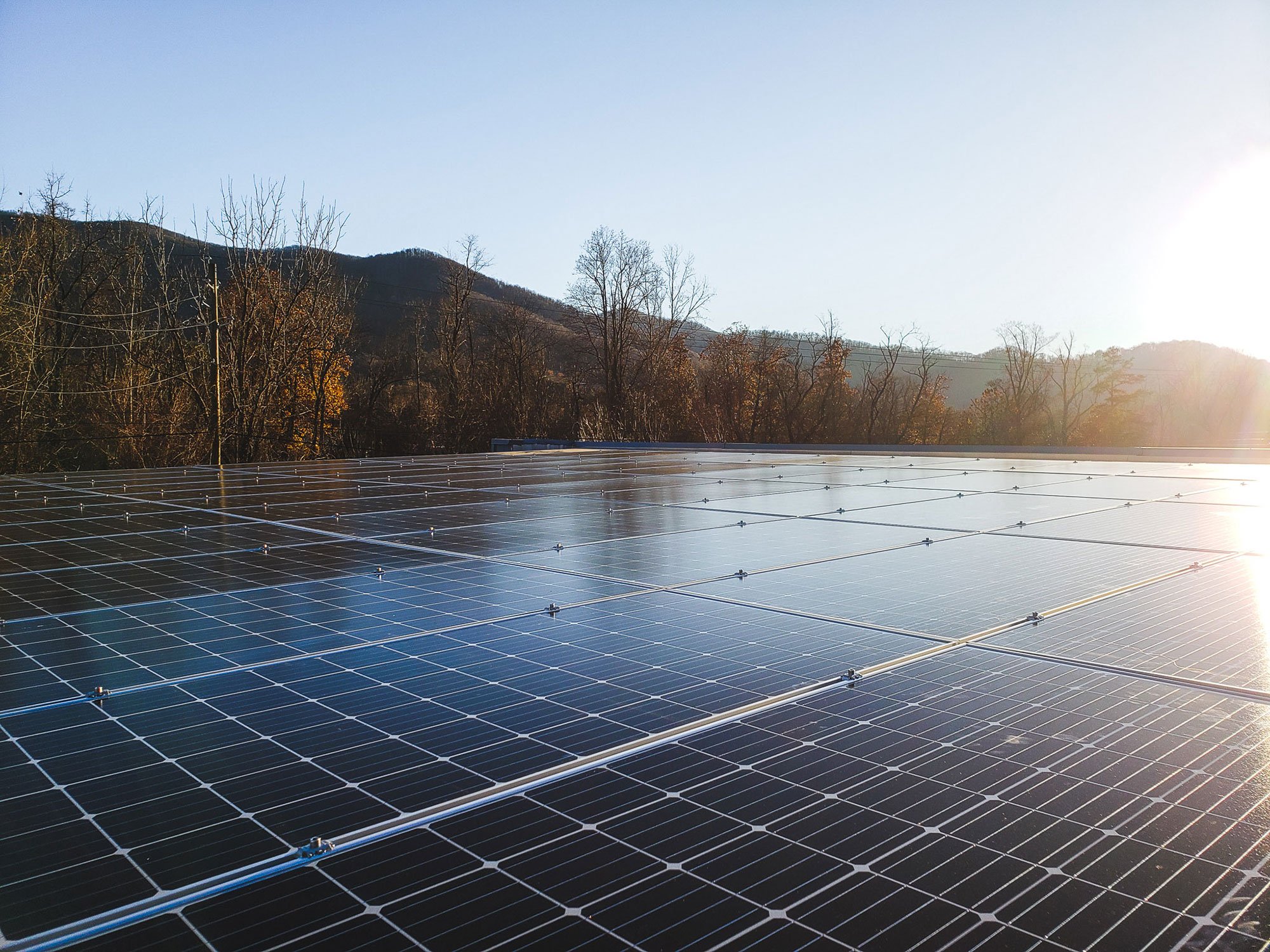Solar and Battery Incentives
Curious about ways to minimize expenses during your transition to solar?
We are confident about the long term benefits of solar for most homes, but we understand cost can be a factor in transitioning to clean energy. Fortunately, alongside the financial options we’ll briefly discuss below, there are constantly new rebates, incentives, and discounts becoming available, which can help make the transition more affordable.
Explore below to learn more about the latest available options. For the most accurate list of finance options and incentives tailored to your specific situation, we recommend contacting one of our dedicated solar experts today.
Section Styles all-sticky
Local, Regional, and National Incentives
With the increasing awareness of environmental issues and the imperative to transition to sustainable energy sources, there is growing momentum for the introduction of additional incentives at both local and national levels from private and public places. We keep this up to date with current available incentives, so check back or reach out to stay up to date.
Duke PowerPair
-
Who is eligible:
All NC Homeowners who sign up to install solar and battery backup systems (LIMITED TIME!).
-
What is it:
Duke PowerPair solar incentive offers a rebate of up to $3,600 for solar installations and up to $5,400 for batteries when installed together.
-
Why it helps:
This rebate program enables homeowners to unlock substantial savings, totaling up to $9,000, making solar and battery installations more financially feasible and encouraging the adoption of renewable energy technologies.
Section Styles rounded-corners
Tax Incentives
Amidst the growing urgency to find alternatives addressing challenges posed by the aging utility grid and diminishing fossil fuel reserves, federal incentives, benefits, and credits are assisting individuals in accessing affordable clean energy solutions.
How Do Solar Tax Credits Work?
Tax credits can dramatically reduce the total upfront cost and payback period of a solar system and are currently some of the best incentives out there.
A tax credit is even better than a tax deduction.
You don’t subtract it from your income—you subtract it from the amount of taxes you owe. Every dollar of tax credit is a dollar you don’t pay in taxes, making solar even more financially advantageous.
Federal Tax Credit (Investment Tax Credit or ITC)
-
Who is eligible:
All USA Homeowners who install solar systems.
-
What is it:
You can get 30 percent of the cost of installing a solar energy system back as a federal tax credit and can choose to take it all in one year or spread it out. This credit remains in effect until 2032.
-
Why it helps:
Amid rising electricity and home energy costs across the country, the Inflation Reduction Act makes installing solar panels and storage batteries a more attractive investment for many homeowners than it was even a couple of years ago.
North Carolina State Property Tax Exemption
-
Who is eligible:
All NC Homeowners who install solar systems.
-
What is it:
Under this property tax exemption statute, 80% of the costs of installing your solar array are not subject to taxation. This means you won't have to pay taxes on that portion of the installation expenses.
-
Why it helps:
Research by Zillow discovered that home buyers are willing to pay an additional 3.5% or more for homes with solar in the Carolinas, but with this incentive, you won’t have to pay higher property taxes, making solar energy more financially attractive.
South Carolina Tax Credit
-
Who is eligible:
Available for home and business owners wanting to install solar systems in South Carolina.
-
What is it:
South Carolina offers an additional 25% tax credit on top of the Federal Investment Tax Credit (ITC). This combination means SC homeowners are eligible to receive up to 51% of your system cost back as tax credits.
-
Why it helps:
This tax credit allows individuals and businesses to claim up to $3,500 per year, or 50% of their tax liability, whichever is less. Additionally, if you can’t claim the full amount in the first year, you can carry forward the unused portion for up to ten years, providing significant financial relief for investing in solar energy.

For an additional source of information on incentives and policies that support renewable energy and energy efficiency in the United States see the NC Green Energy Technology Center’s programs.
Curious about what else is out there to help you transition to clean energy?
The bottom line is, when it comes to incentives for going solar, now is always the best time to make the transition. Incentives and rebates are continually decreasing, not the other way, and when you can start saving money now, why wait?
Section Styles rounded-corners
STILL HAVE QUESTIONS?





